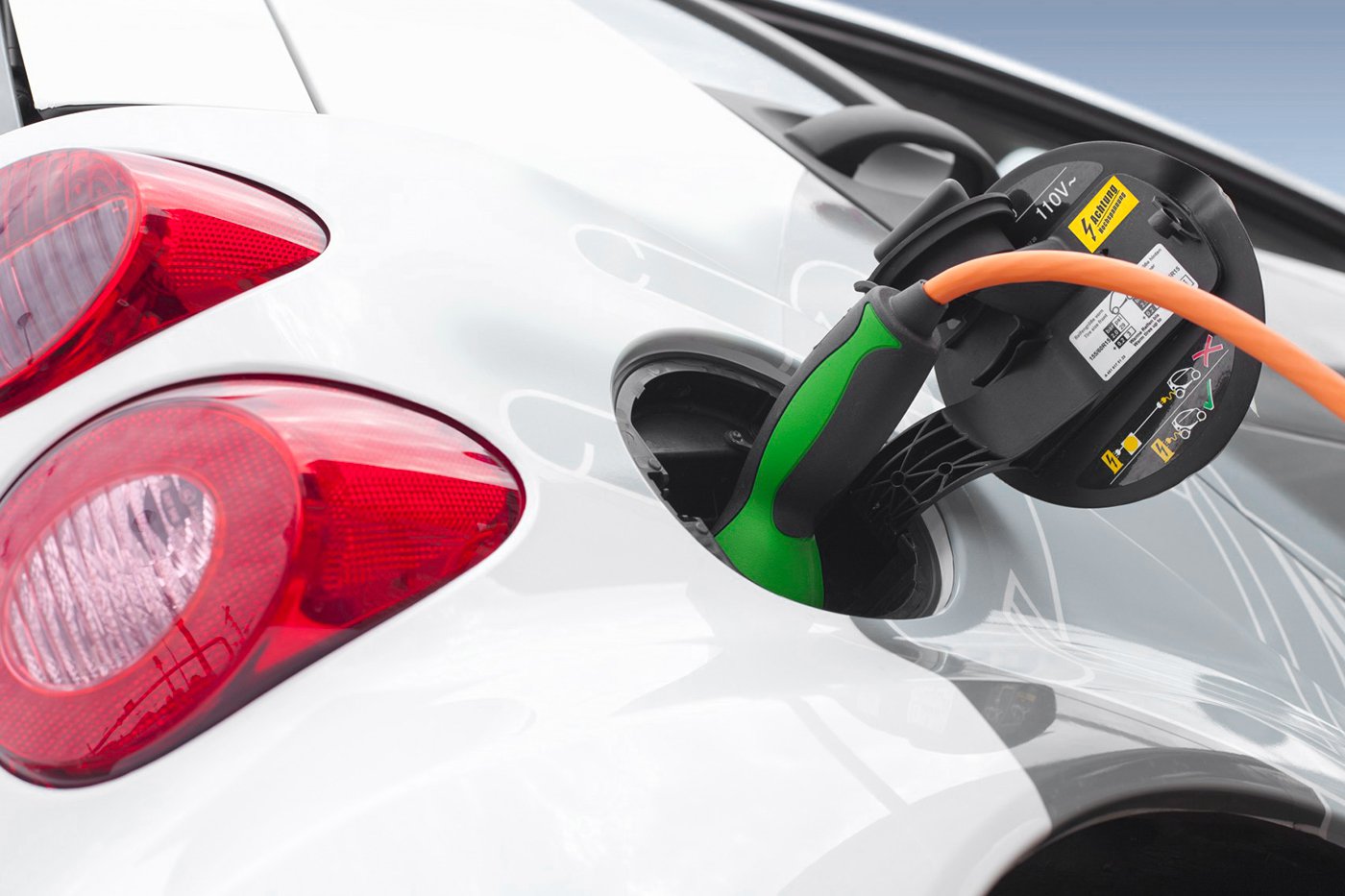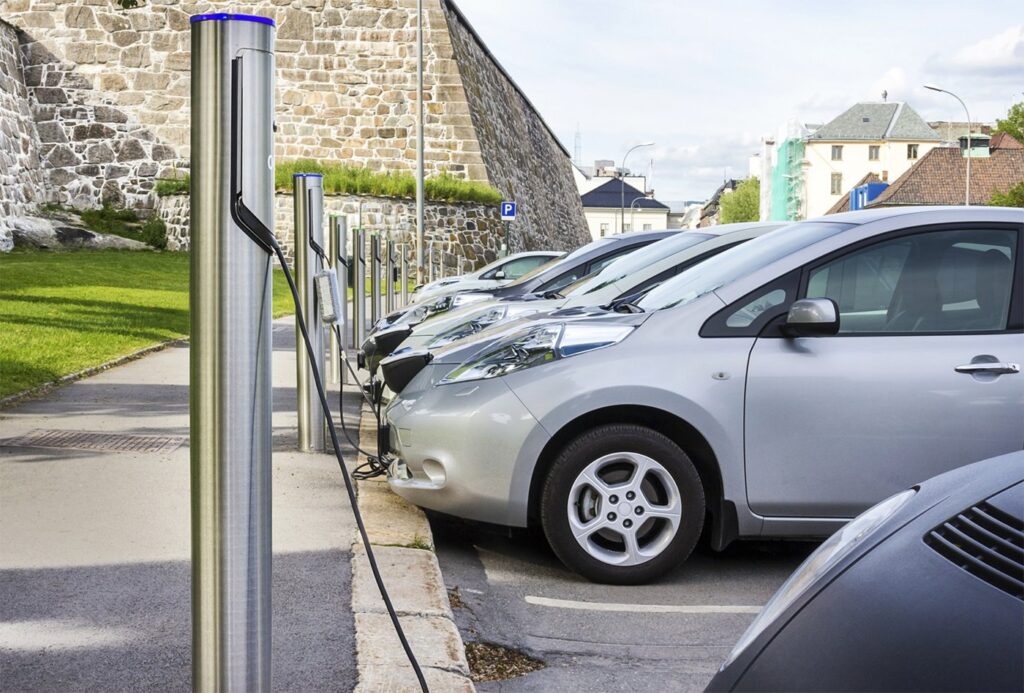
- 4 comments4
- 324 views
By andrew
Introduction
In a significant and promising development for the future of sustainable transportation, the United Kingdom has witnessed a remarkable doubling of its electric vehicle (EV) population in recent years. This surge in EV adoption is a testament to the growing awareness of environmental concerns and the increasing availability of electric vehicles. In this article, we will explore the factors behind this remarkable growth, its implications for the UK’s transportation landscape, and the broader implications for the global EV market.
The Electric Revolution in the UK
The doubling of electric vehicles in the UK is a clear indication that the nation is moving towards a more sustainable and eco-friendly future. The primary drivers of this remarkable growth can be attributed to several key factors.
- Government Initiatives: The UK government has been actively promoting the adoption of electric vehicles through various initiatives. One of the most notable efforts is the grant scheme for plug-in vehicles, which provides financial incentives to individuals and businesses looking to purchase electric cars. Additionally, the government has committed to banning the sale of new petrol and diesel cars by 2030, further incentivizing the shift to electric vehicles.
- Expanding Charging Infrastructure: A robust charging infrastructure is vital for widespread EV adoption. The UK has been steadily expanding its charging network, making it more convenient for EV owners to recharge their vehicles. The proliferation of charging stations across the country has alleviated “range anxiety” and boosted consumer confidence in electric vehicles.
- Environmental Awareness: Growing environmental consciousness and concerns about air pollution and climate change have encouraged individuals to consider cleaner transportation options. Electric vehicles produce zero tailpipe emissions and are seen as a greener alternative to traditional internal combustion engine vehicles.
- Advancements in EV Technology: Electric vehicle technology has advanced significantly in recent years. Modern EVs offer longer ranges, faster charging times, and improved performance compared to their early counterparts. These advancements have made electric vehicles a more attractive option for a broader range of consumers.
Implications for the UK
The doubling of electric vehicles in the UK carries several significant implications for the country’s transportation landscape and economy.
- Cleaner Air: Increased EV adoption will contribute to cleaner air quality in urban areas, reducing harmful emissions and improving public health. This will be particularly beneficial in densely populated cities like London.
- Reduced Carbon Emissions: Electric vehicles produce fewer carbon emissions compared to traditional vehicles, contributing to the UK’s efforts to reduce its carbon footprint and combat climate change.
- Job Creation: The growth of the electric vehicle industry is expected to create job opportunities in manufacturing, maintenance, and the renewable energy sector. This can have a positive impact on the overall economy.
- Energy Transition: The transition to electric vehicles will require a shift toward renewable energy sources to power the EVs. This transition can accelerate the adoption of renewable energy technologies like wind and solar, reducing the nation’s reliance on fossil fuels.
Global Implications
The doubling of electric vehicles in the UK is not only a domestic success story but also carries broader global implications.
- Market Expansion: The UK’s growing EV market can encourage automakers to invest more in electric vehicle production and innovation, leading to a wider variety of models and price points for consumers worldwide.
- Global Emissions Reduction: As more countries follow the UK’s lead in promoting electric vehicles, there is potential for a significant reduction in global carbon emissions. This aligns with international efforts to combat climate change.
- Technology Sharing: The success of the UK’s electric vehicle market can serve as a blueprint for other nations looking to accelerate their own transition to sustainable transportation.
Conclusion
The doubling of electric vehicles in the UK is a remarkable achievement that signals a positive shift toward a greener, more sustainable transportation future. With government support, expanding charging infrastructure, and increasing public awareness of environmental concerns, the UK has become a significant player in the global electric vehicle market. This growth not only benefits the nation by reducing air pollution and carbon emissions but also sets an inspiring example for other countries to follow on the path to a cleaner and more sustainable future.
5 Things You Didn’t Know About Eco fuel
Eco-fuels, often referred to as renewable or sustainable fuels, are gaining prominence in the world of energy and transportation due to their potential to reduce greenhouse gas emissions and combat climate change. While you may be familiar with the concept of eco-fuels, there are several lesser-known facts that make them even more intriguing.
- Diverse Sources: Eco-fuels can be derived from a variety of sources, including plant-based materials like algae, agricultural residues, and even waste materials such as municipal solid waste. This versatility makes them a viable option for reducing reliance on fossil fuels.
- Carbon Neutrality: Unlike conventional fossil fuels, which release carbon dioxide when burned, many eco-fuels are considered carbon-neutral. This means that the carbon dioxide released during combustion is offset by the carbon dioxide absorbed during the growth of the source material, making them a greener alternative.
- Compatibility: Eco-fuels are designed to be compatible with existing combustion engines and infrastructure. This means that they can be readily used in vehicles, aircraft, and industrial processes without the need for extensive modifications.
- Energy Security: By diversifying fuel sources and reducing dependence on oil and natural gas, eco-fuels enhance energy security, making nations less vulnerable to supply disruptions and price fluctuations.
- Sustainability: Producing eco-fuels often involves sustainable farming and forestry practices, leading to positive environmental impacts beyond just reducing emissions. These practices can improve soil health, reduce deforestation, and support biodiversity.

In conclusion, eco-fuels represent a promising pathway to a more sustainable and environmentally friendly energy future. With their diverse sources, carbon-neutral properties, compatibility with existing infrastructure, and potential for enhancing energy security and sustainability, these fuels offer an exciting opportunity to reduce our carbon footprint and combat climate change. As technology continues to advance, eco-fuels are likely to play an increasingly significant role in the global transition to cleaner energy sources.



George Mattews
March 4, 2018 at 5:43 pmDuis vitae eleifend orci, ut varius risus. Praesent consequat nibh id dictum molestie. Cras eget sapien auctor, porttitor nisi vitae, vulputate justo.
Marta Ferrari
March 4, 2018 at 5:45 pmFusce ut enim tempor, venenatis metus interdum, ullamcorper sem. Pellentesque et sem vehicula, condimentum velit malesuada, dapibus nunc. Duis vitae eleifend orci, ut varius risus. Praesent consequat nibh id dictum molestie. Cras eget sapien auctor, porttitor nisi vitae, vulputate justo.
Antony Taylor
March 4, 2018 at 6:10 pmNam magna odio, placerat ac risus tristique!
Marta Ferrari
March 4, 2018 at 5:45 pmPraesent suscipit, purus tincidunt faucibus gravida, leo quam ullamcorper risus, quis pretium nibh eros ut purus. Vestibulum ante ipsum primis in faucibus orci luctus et ultrices posuere cubilia Curae